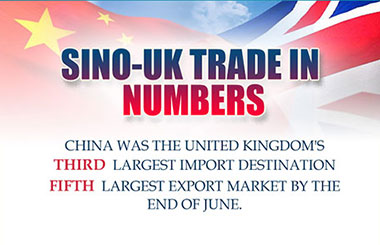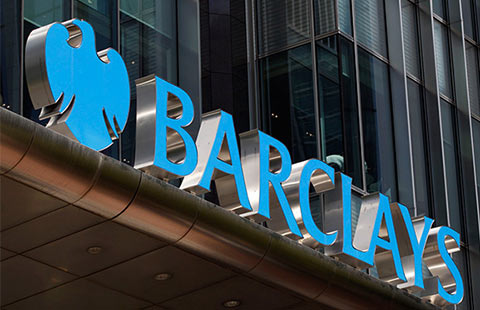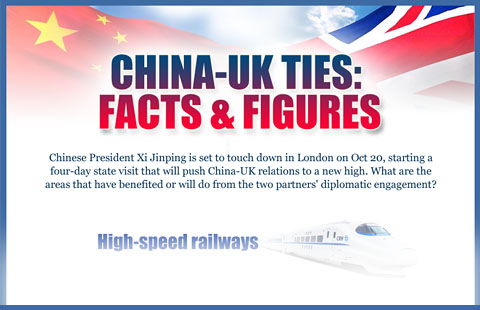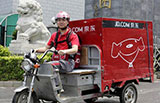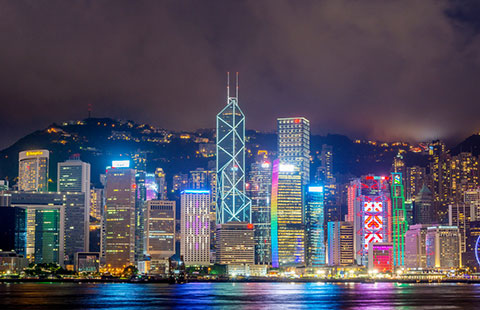ALBA Group is determined to tackle industrial junk of China
By DU JUAN (China Daily) Updated: 2015-10-21 09:40Germany-based ALBA Group, the world's leading recycling and environmental services company, sees huge potential in China, the world's fastest-growing economy, given the increasing production of and demand for electronic appliances.
So much so Axel Schweitzer, chief executive officer of ALBA Group, moved his office from the company's headquarters in Berlin to Hong Kong last year. "China will become the biggest market for environmental solutions because of the legal framework it has established," he said.
In an interview with China Daily, Schweitzer said the company will bring its waste management expertise, recycling know-how and innovative solutions to the Chinese mainland and Hong Kong. "People in China are increasingly concerned about the environment and China can do better than other countries on this."
The company is the only European recycling company that has an official cooperation agreement with China's National Development and Reform Commission, the country's top economic planner.
He said China's waste-recycling market would grow by 15 to 50 percent in the next 10 years. "Most of such waste in China is steel, which obviously can be recycled."
Steel is widely used in electronic products like air conditioners, cell phones and computers. So, ALBA Integrated Waste Solutions Hong Kong Ltd, a joint venture subsidiary of the group, signed a contract with the Environmental Protection Department of Hong Kong in May for the construction of a recycling facility for electronic waste in the city, the biggest single contract order in ALBA's history.
The company will collect and recycle e-waste for 10 years. Its plant can treat large household devices refrigerators, air conditioning systems, television sets, washing machines and computers.
ALBA's plant and waste-collection system are the first of their kind in Hong Kong. Local data show Hong Kong households and corporates dispose of more than 70,000 tons of computers and electrical and electronic equipment each year.
The Hong Kong government has been working on properly treating and recycling all that waste. After a two-year construction, the project, in Tuen Mun, New Territories, will have capability to process 30,000 tons of waste annually.
"We shared our third-generation waste treatment technology, the most advanced in the world, with one of the leading SOEs in China," said Schweitzer.
But it will not simply "copy and paste" its German solution in the China market. Instead, it will localize its solution since "China is such an important market".
He expects car recycling, kitchen-based waste recycling and electronic recycling to emerge as major sectors and boost the industry's revenue in the years to come.
ALBA's market share in China is small as trading is its main business now. Besides waste treatment, supply of raw materials is ALBA's forte. As the biggest waste market in the world, China still dominates ALBA's major overseas markets by revenue, said Schweitzer.
Currently, two-thirds of ALBA Group's annual revenue, which was 2.45 billion euros ($2.78 billion) in 2014, is from Germany, with the rest coming from overseas markets. In China alone, it had a turnover of 224 million euros last year.
Schweitzer joined ALBA more than 20 years ago. In the last 10 years, the company has grown almost 10 times in size and evolved into an international enterprise.
The company is owned by Schweitzer's family, just like many other well-known family enterprises in Europe. He said ALBA is proud of its culture as a family-owned company. Currently ALBA is running an equity process supported by Rothschild, collecting additional capital to foster the growth in China.
In the past few years, Schweitzer has been traveling to China almost on a monthly basis. He knows every detail of China's 12th Five-Year Plan (2011-15) related to waste recycling and environmental protection. He believes his living and working in China help emphasize that ALBA is keen to see the vision of a "beautiful China" become reality.
"The environmental challenge China is facing now is a result of the tremendous growth of the Chinese economy over the past 30 years," he said. "It happened similarly in Germany in the 1960s and '70s and took about 20 years (to tackle the environmental challenge). China will be quicker."
- China audit finds $530m in arbitrary fees to enterprises
- UK sets example by joining Belt and Road Initiative
- Sino-UK trade in numbers
- Chinese company pledges $3b to fund biomass plants in Britain
- Strong rises as investors focused on tech stocks
- Recycling sites mining fortunes from e-waste
- Sinopec may take control of PX maker Dragon Aromatics
- Itochu reveals Shanghai e-commerce platform
